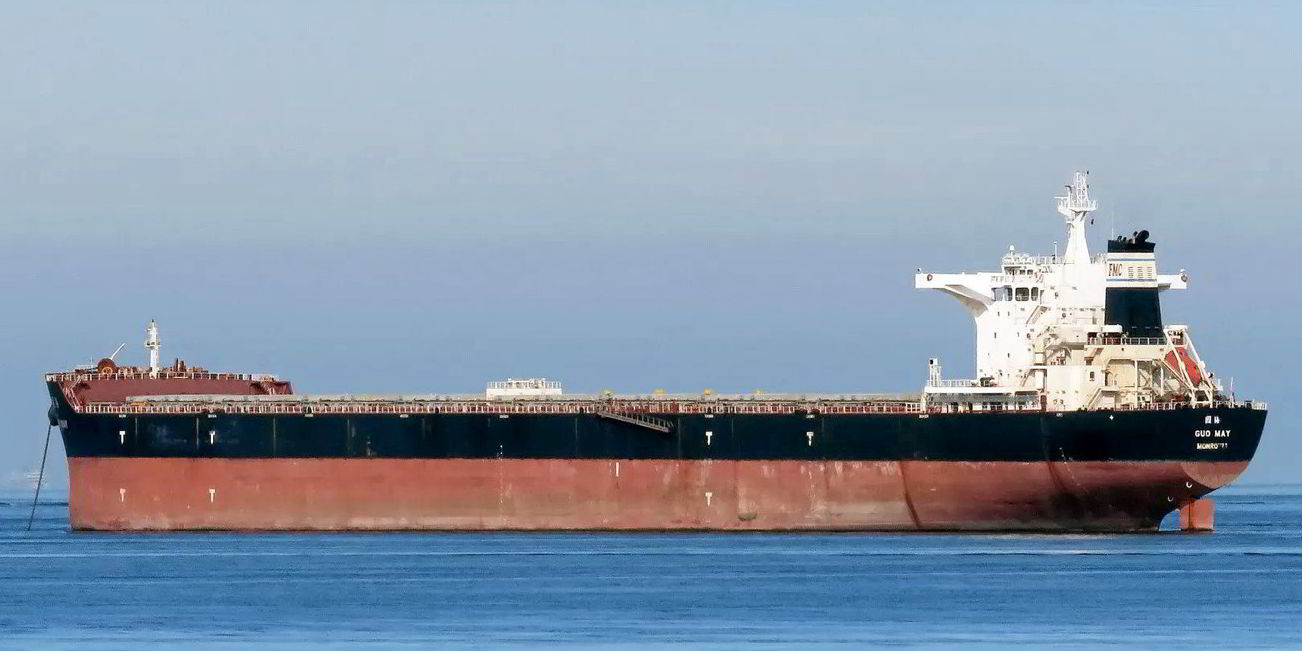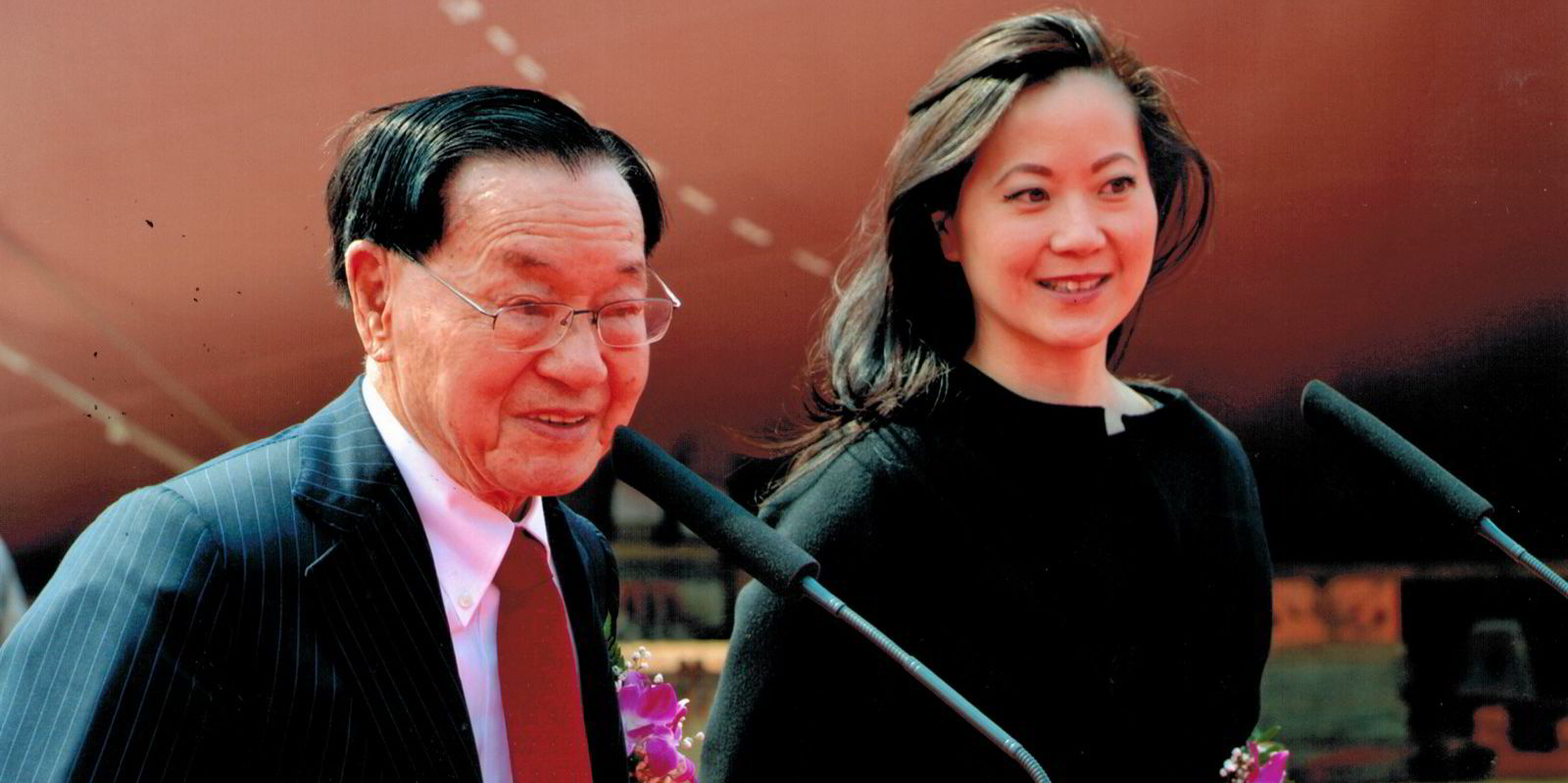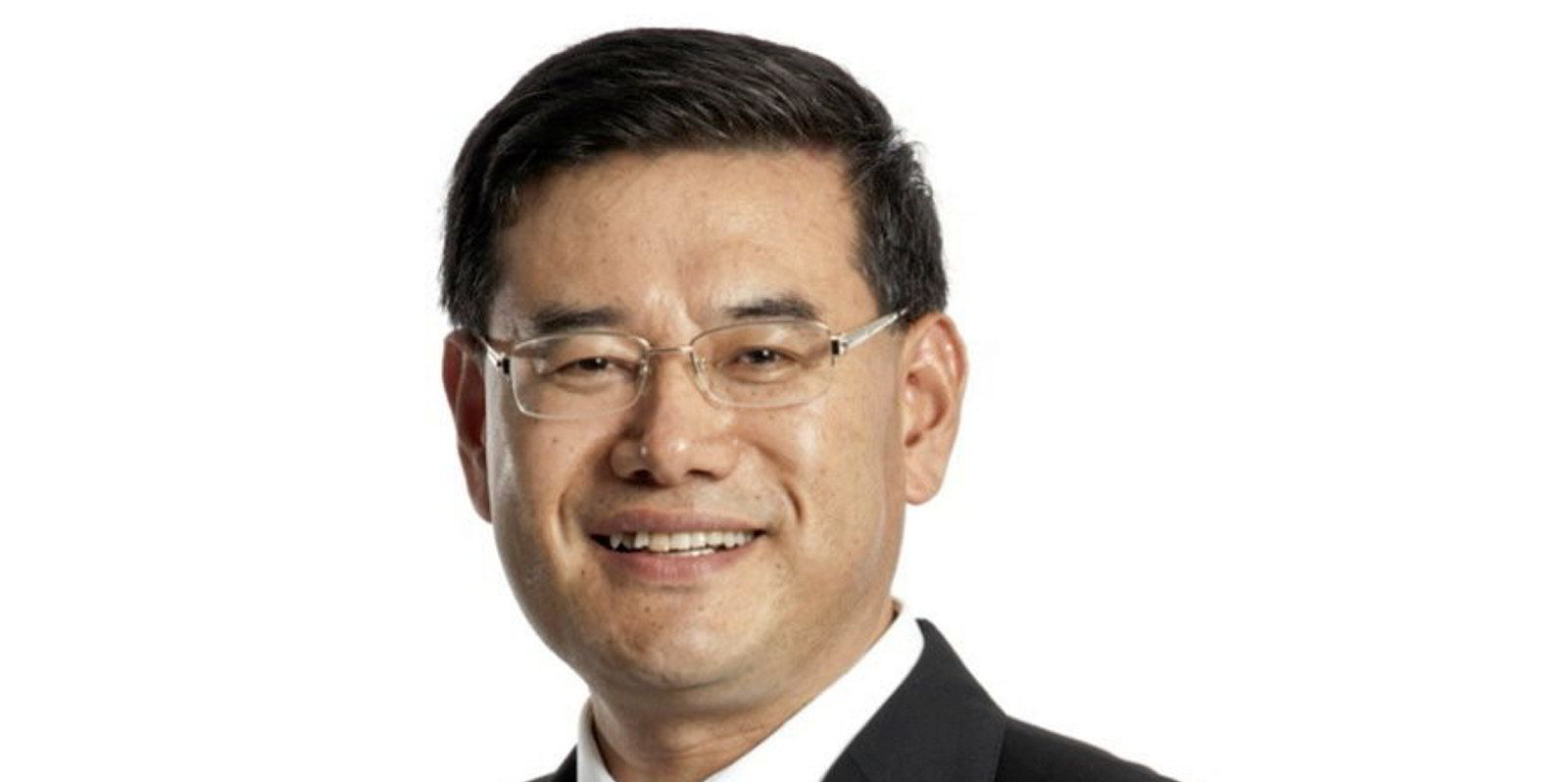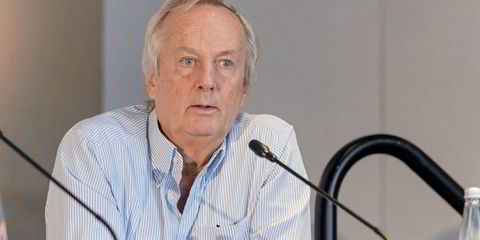Foremost Group has brought the average age of its on-the-water fleet to below five years after taking delivery of two biofuel-upgraded newbuildings and selling off five ships earlier in the year.
Before the sales and the delivery of the 182,300-dwt Bo May and 181,300-dwt Heng May from Namura Shipbuilding, Foremost’s fleet at the end of 2023 had an age of about 6.2 years, according to a TradeWinds analysis of data from VesselsValue.
The newbuilding order and the string of sales were agreed while chief executive Angela Chao was at the helm, before she died in February in a car accident.

The newbuildings have hit the water and begun work for charterer NYK Group.
New York-headquartered Foremost said the capesize duo is packed with efficiency features and upgraded for continuous operation on biofuels.
This allows easy switching between biofuels and conventional fuels as they operate in different trading regions.
Chairman James Chao, who founded the company and returned to the chief executive chair after his daughter’s death, couched the deliveries as a reflection of Foremost’s long history of building ships in Japan and of environmental stewardship.
He said the ships’ modifications for biofuels contribute to the environmental, social and governance strategies of long-term customer NYK.
“At Foremost, we believe in building long-term mutually beneficial relationships,” he said in a statement to TradeWinds.
“And we always believe that we are performing a valuable service for the world — to facilitate the movement of cargoes to fuel economic growth worldwide and improve the standard of living around the world.”
Foremost described the newbuildings as among the first to comply with Phase 3 standards of the International Maritime Organization’s Energy Efficiency Design Index and built to have favourable Carbon Intensity Indicator scores.
Fuel efficiency features include hull optimisation, electronically controlled engines built by MAN Energy Solutions, propeller optimisation, a rudder fin and bulb, energy-saving paint and flow-straightening fins.
Hiroaki Nishiyama, a managing executive officer at NYK who is also chief executive of its dry bulk division, spoke of the new capesizes as part of the Japanese giant’s goal to cut greenhouse gas emissions by 45% by 2030.
“In order to achieve the goal, those two cutting-edge vessels with the latest environmentally friendly technologies will play a very important role in our fleet,” he said.
“We are confident that this contract with Foremost Group will give us great strength in the future direction and development of NYK’s dry bulk business.”

Foremost said it has a two-prong strategy for decarbonisation. For existing ships, it is focused on onboard hardware or software upgrades, as well as continuous improvements in operations and management.
In its newbuilding programme, it is focused now on ordering dual-fuel vessels that can run on methanol and are ready for future installation of carbon capture technology.
According to VesselsValue data, the sale of the quintet to Danaos Corp, Winning Shipping and Peter Dohle Schiffahrts brought in $146m in gross proceeds.
The data shows four of those ships are yet to be delivered to their new owners, but when they are excluded from the Foremost fleet, its average vessel age comes down to 4.95 years.
Foremost has long targeted an age below five years, leading to a regular replacement cycle.
Its next newbuilding deliveries come in 2027 and 2028, when it takes delivery of four methanol-fuelled panamax bulkers from Chengxi Shipyard.






